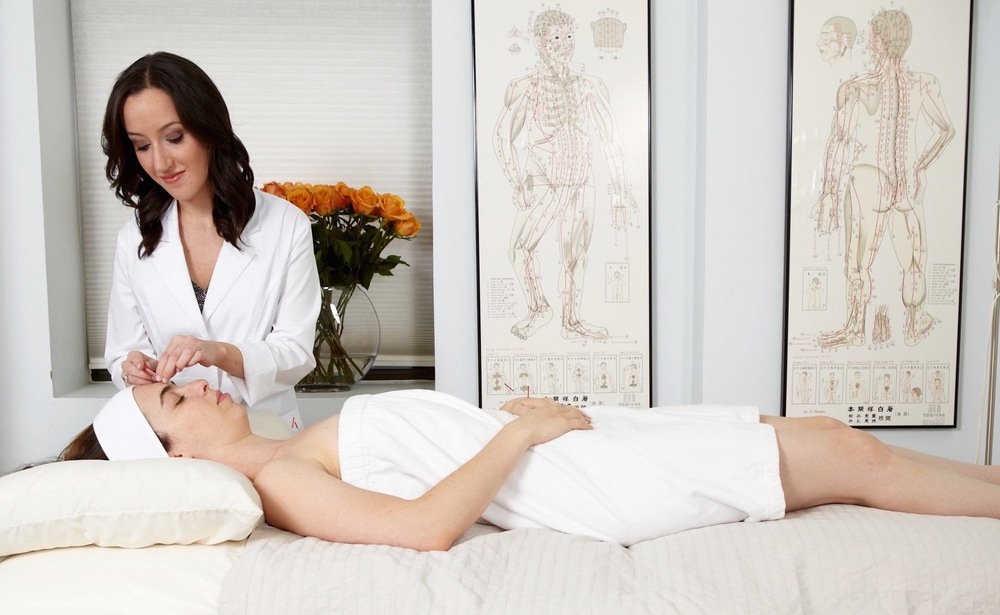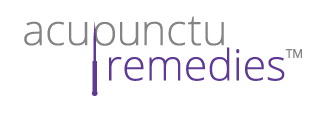 A little over a year ago, I interviewed for an Acupuncture Fellowship at Mount Sinai Beth Israel Hospital. Little did I know how much I would grow as a healthcare practitioner over the course of just one year. Upon first entering the hospital, I was a bit nervous, and out of my element. All the sights and sounds were unfamiliar to me as I walked through the halls, needle kit in hand, in search of my first patients. I walked into the Orthopedic Surgery unit, knowing that acupuncture was very welcome there. When asking the nurses if any of their patients would benefit from acupuncture, they quickly spouted off a list of multiple rooms and beds that I should offer my services to. My first patient had had a knee replacement 2 days prior. Seeing him lying in the hospital bed, surrounded by tubes and bandages was intimidating to say the least. However once I began treating him, all those nerves went away and I fell easily into my usual routine. After the treatment I had taken his pain level down from an 8 to a 4… a pretty successful treatment if I do say so myself.
A little over a year ago, I interviewed for an Acupuncture Fellowship at Mount Sinai Beth Israel Hospital. Little did I know how much I would grow as a healthcare practitioner over the course of just one year. Upon first entering the hospital, I was a bit nervous, and out of my element. All the sights and sounds were unfamiliar to me as I walked through the halls, needle kit in hand, in search of my first patients. I walked into the Orthopedic Surgery unit, knowing that acupuncture was very welcome there. When asking the nurses if any of their patients would benefit from acupuncture, they quickly spouted off a list of multiple rooms and beds that I should offer my services to. My first patient had had a knee replacement 2 days prior. Seeing him lying in the hospital bed, surrounded by tubes and bandages was intimidating to say the least. However once I began treating him, all those nerves went away and I fell easily into my usual routine. After the treatment I had taken his pain level down from an 8 to a 4… a pretty successful treatment if I do say so myself.
The most common question I would get from my orthopedic patients was “Where are you going to put the needles?”. They were often confused as multiple bandages usually covered their incisions. I would explain to the best of my ability that acupuncture needles don’t necessarily need to be inserted locally (at the sight of pain) to be effective. Yes, if they had come into my practice outside of the hospital I may have used more local needling. However distal needling along the channels aid to unblock the pain quite well! In addition, acupuncture in general releases feel good chemicals, which act as natural painkillers, and also resets the nervous system to relax the mind and body.
 One of our main goals in the hospital setting is to reduce the amount opioids given to patients. As we know, opioids are not only incredibly addicting but also have an array of negative side effects including: constipation, drowsiness, nausea and vomiting to name a few. Acupuncture used within the inpatient population helps to either reduce or eliminate the use of opioids. It not only kills pain on it’s own, but also accentuates the medicine itself helping those patients to receive smaller doses yet still obtain the same pain-killing effect. One of my favorite memories in the hospital was when I came across a patient with a splitting headache. The nurse was about to give her some meds when I began treating her. I told him to give me 30 minutes. Well, after the treatment her headache had completely vanished and she no longer needed drugs administered. Both the patient and the nurse were very happy with the outcome.
One of our main goals in the hospital setting is to reduce the amount opioids given to patients. As we know, opioids are not only incredibly addicting but also have an array of negative side effects including: constipation, drowsiness, nausea and vomiting to name a few. Acupuncture used within the inpatient population helps to either reduce or eliminate the use of opioids. It not only kills pain on it’s own, but also accentuates the medicine itself helping those patients to receive smaller doses yet still obtain the same pain-killing effect. One of my favorite memories in the hospital was when I came across a patient with a splitting headache. The nurse was about to give her some meds when I began treating her. I told him to give me 30 minutes. Well, after the treatment her headache had completely vanished and she no longer needed drugs administered. Both the patient and the nurse were very happy with the outcome.
Orthopedic Surgery was not the only unit I visited during my year at the hospital. I also frequented Oncology, Family Medicine, General Surgery and the unit that cared for Cystic Fibrosis patients. My only hope is that acupuncture in hospitals becomes more of the norm, as I have seen all the good it can do.
-Marcy Gordon


